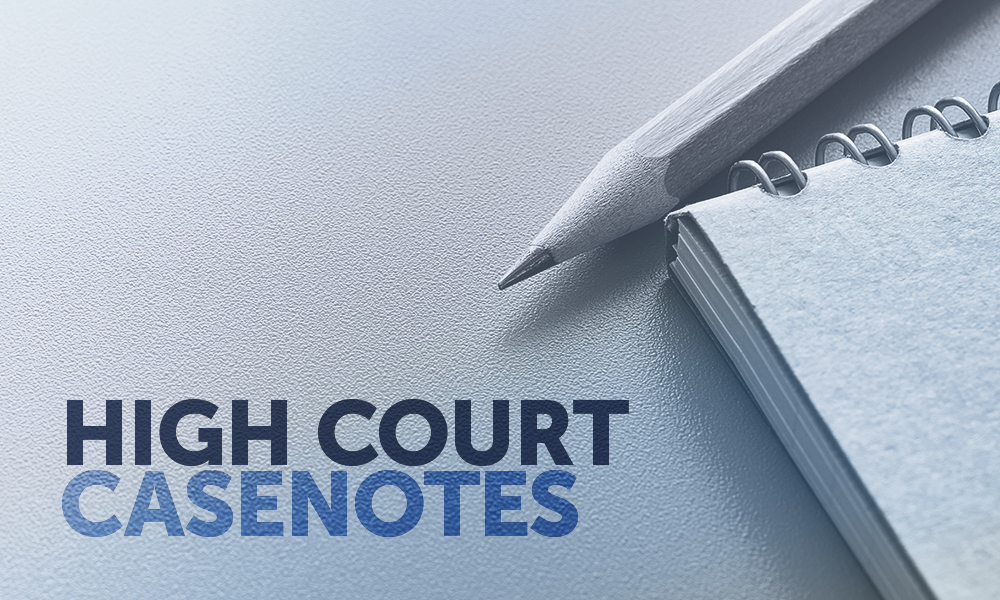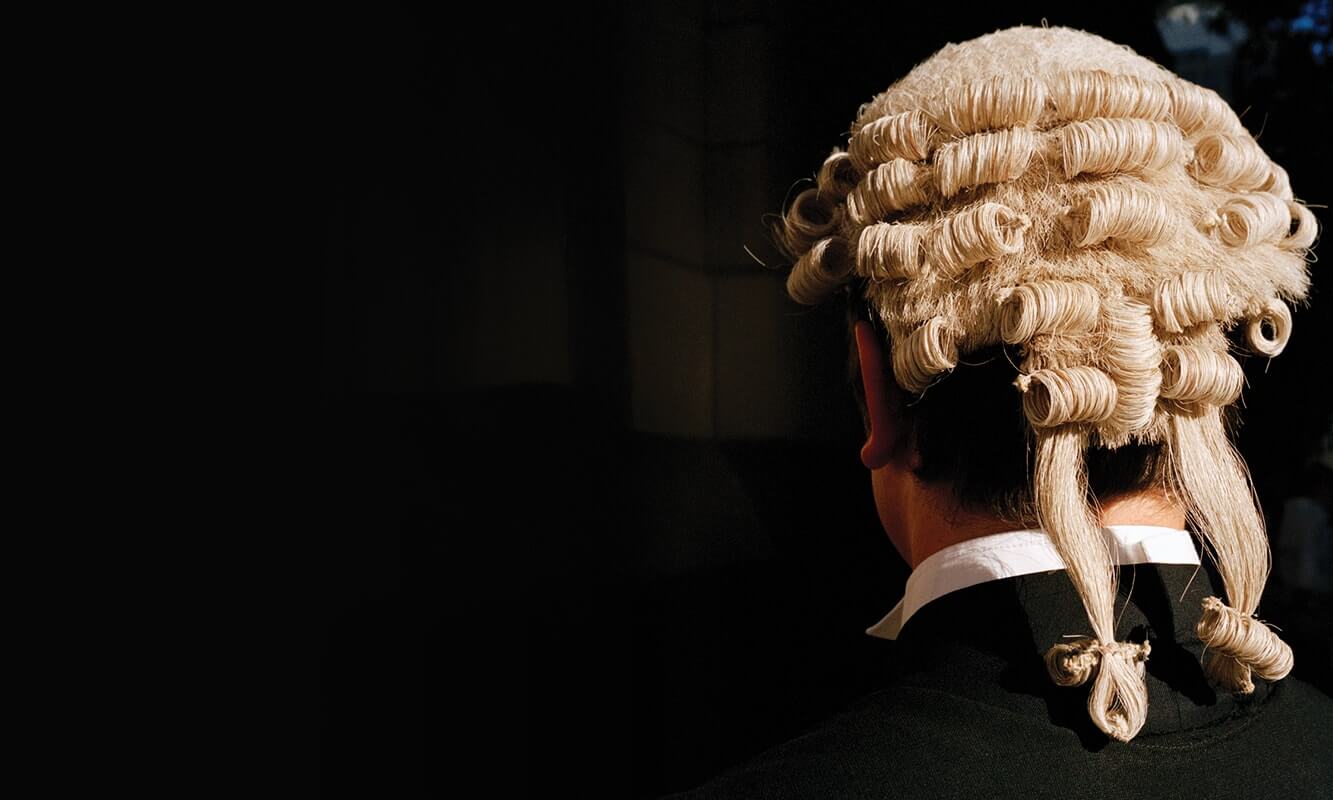In Orreal v The Queen [2021] HCA 44 (16 December 2021), the High Court was required to determine whether the failure of the trial judge to direct the jury to disregard certain evidence amounted to a miscarriage of justice, and whether the appellant’s conviction should be set aside under s668E(1A) of the Criminal Code 1899 (Cth) (Criminal Code) contained in Schedule 1.
The appellant was convicted of three counts of indecent dealing with a child under 16 years and two counts of rape. In the course of the trial, evidence that both the appellant and the complainant had tested positive for herpes simplex virus type 1 (HSV-1) was admitted (impugned evidence).
The trial judge did not direct the jury that the impugned evidence was to be disregarded. The appellant later appealed the conviction on two grounds: his defence counsel should have objected to the admission of the impugned evidence, and the judge should have directed the jury to disregard the impugned evidence.
A majority of the Court of Appeal of the Supreme Court of Queensland (Mullins JA and Bond J, McMurdo JA dissenting) held that a miscarriage of justice had occurred but that no substantial miscarriage of justice had actually occurred for the purposes of s668E(1A) of the Criminal Code, and dismissed the appeal.
The majority considered that it was obvious the impugned evidence could not have assisted the prosecution case when almost 80% of the adult population would have tested positive for HSV-1, and concluded that there was no risk the jury would use the evidence in a way that was adverse to the appellant.
But, McMurdo J, in dissent, found there was a significant possibility the impugned evidence assisted the prosecution to persuade the jury to accept the complainant’s evidence.
As for the decision by the defence counsel not to object to the admission of the impugned evidence, the Court of Appeal observed the defence counsel made a forensic decision to not object to the impugned evidence because it allowed evidence of the complainant’s previous sexual encounter to be admitted into evidence also.
The appellant successfully appealed to the High Court. In an unanimous decision, the High Court held that the trial judge’s failure to direct the jury to disregard the impugned evidence amounted to a substantial miscarriage of justice for the purposes of s668E(1A) of the Criminal Code.
The High Court observed that s668E(1A) of the Criminal Code requires an appellate court to be persuaded that evidence properly admitted at trial establishes guilt to the requisite standard before it can conclude no substantial miscarriage of justice actually occurred: Keifel CJ and Keane J at [20], Gordon, Steward and Gleeson JJ at [41]. And the High Court recognised that proof of the appellant’s guilt was wholly dependent on the complainant’s evidence.
Keifel CJ and Keane J observed at [23]: “It may be accepted that, logically, the evidence could not assist the jury, but often the nature of prejudicial evidence means that it may not be rationally applied. Uninstructed by the trial judge, the jury may well have reasoned that the test results were no coincidence and pointed to the complainant having contracted the virus from the appellant”.
And Gordon, Steward and Gleeson JJ observed at [45] that: “In effect, the jury were invited to employ the impugned evidence as they saw fit. In those circumstances, it was not possible for the Court of Appeal to assess whether guilt was proved beyond reasonable doubt.”
Dr Michelle Sharpe is a Victorian barrister practicing in general commercial, real property, disciplinary and regulatory law, 03 9225 8722, email msharpe@vicbar.com.au. The full version of these judgments can be found at austlii.edu.au.














Share this article